Five Heartbreaking Quotes on the Topic of Sadness: Stir Your Emotions
Capturing Heartache: A Collection of the Saddest Quotes

In life, we often grapple with heartache, loss, and moments of intense sadness. As such, various individuals have articulated emotional, meaningful quotes about sadness. These saddest quotes switch on a light in our dark moments, offering solace during challenging times, and fostering a deeper understanding of the human condition. They echo our deepest sorrows and help us find the strength to heal and move forward. In this article, we take a look at some of these poignant words that capture the essence of melancholy in its varied shades and depths.
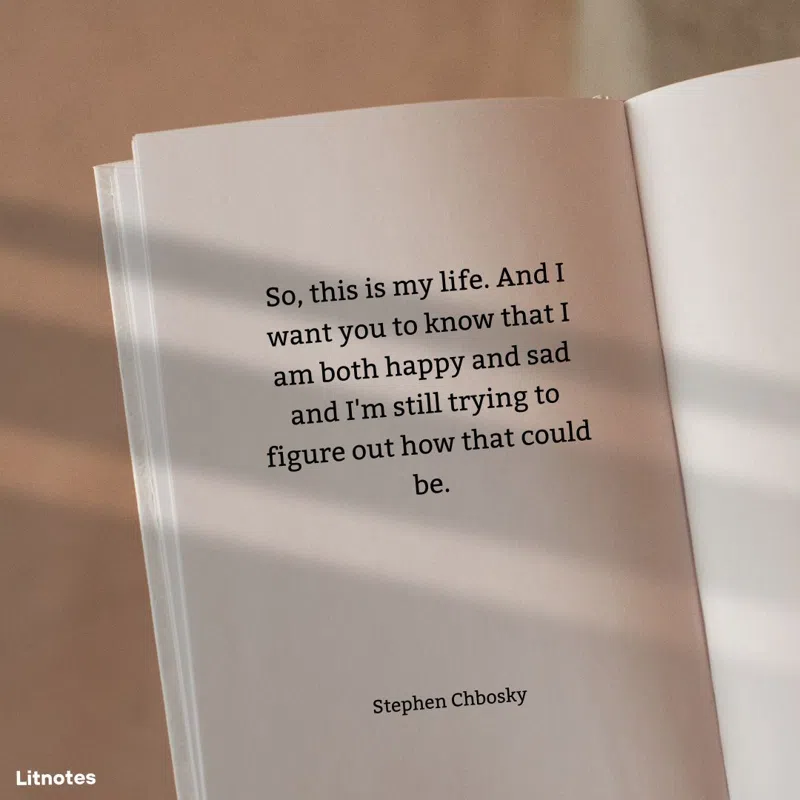
Stephen Chbosky, the author of the given quote, is an esteemed American novelist, screenwriter, and film director, recognized prominently for his coming-of-age narratives. The extract hails from Chbosky's acclaimed novel, 'The Perks of Being a Wallflower'. This novel is a deeply moving journey through the tunnels of self-realization and acceptance. The given quote expresses the notion of emotional complexity in life. The protagonist experiences a contradicting duality of emotions, feeling both content and melancholy simultaneously. The quote gives an insight into the struggle of comprehending such paradoxical emotions. It reflects on the intricate emotional spectrum present in human life and emphasizes the clarity that comes along with acceptance of these opposing emotions, amplifying its resonance with audience across age groups. The quote aids in revealing the protagonist's continuous quest for self-understanding, marking it an iconic part of the literature.
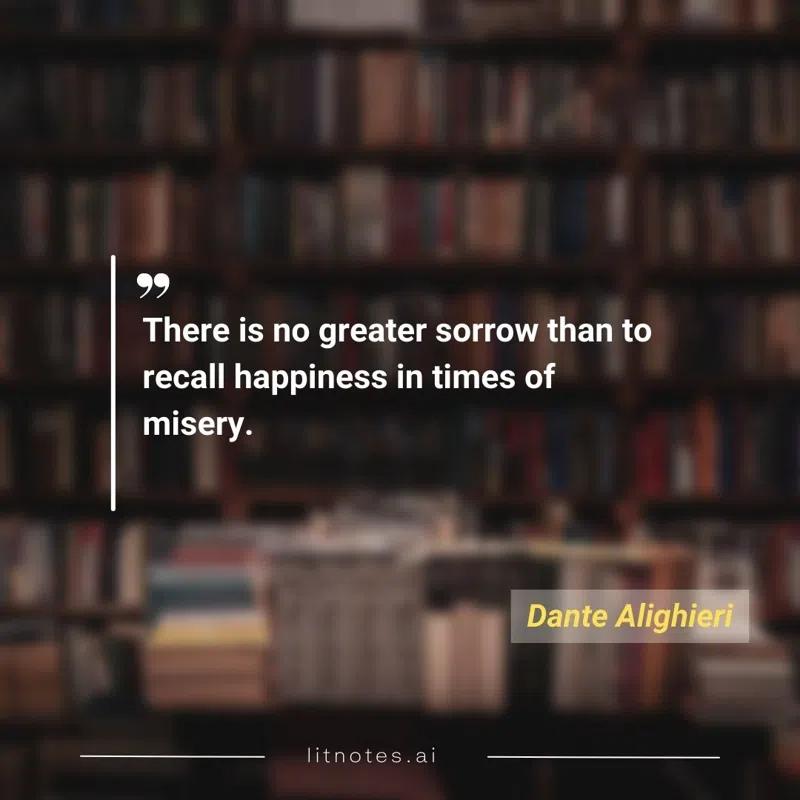
Dante Alighieri, an Italian poet during the Late Middle Ages, is widely known for his work 'Divine Comedy', which is considered the greatest literary work composed in the Italian language and a masterpiece of world literature. He was born in Florence, Italy and his works had a transformative influence on European literature, contributing significantly to the development of the modern Italian language. The quote in question is from his famous work 'Inferno', the first part of the 'Divine Comedy'. The phrase elucidates the pain of reminiscing about happy times while in a period of suffering, arguably an expression of his personal exile from his beloved Florence. Dante's adept articulation of human emotion in this quote reflects a profound understanding of the human condition, demonstrating his ability to connect with readers on a deeply emotional level.
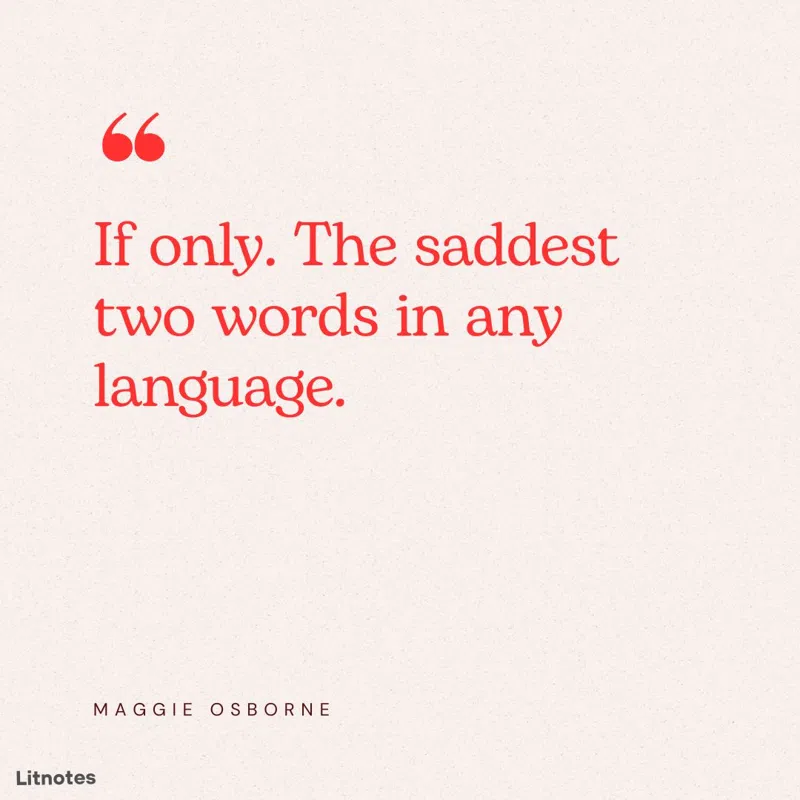
Maggie Osborne is a renowned author in the literary world, specialized mostly in historical romance novels. She is known for her deeply contextual characters and intricate storylines, which touch the readers profoundly and often leave them contemplating life's complexities. The line at hand is from one of her compelling works, but unfortunately, the exact book's name is not mentioned here. However, it's unmistakable that it carries the quintessential Osborne tone. The phrase signifies the deeply ingrained human sorrow, connected to the regret for things that could have been, but weren't. It reflects on how often we get bound by the confines of reality and cannot achieve the dreams we yearn for. This Osborne line is not just a line from a book but a mirror to our regrets, hopes, and unfulfilled dreams. Therefore, it is much more than a mere sentence - it's an essence of one of the core human emotions, regret.
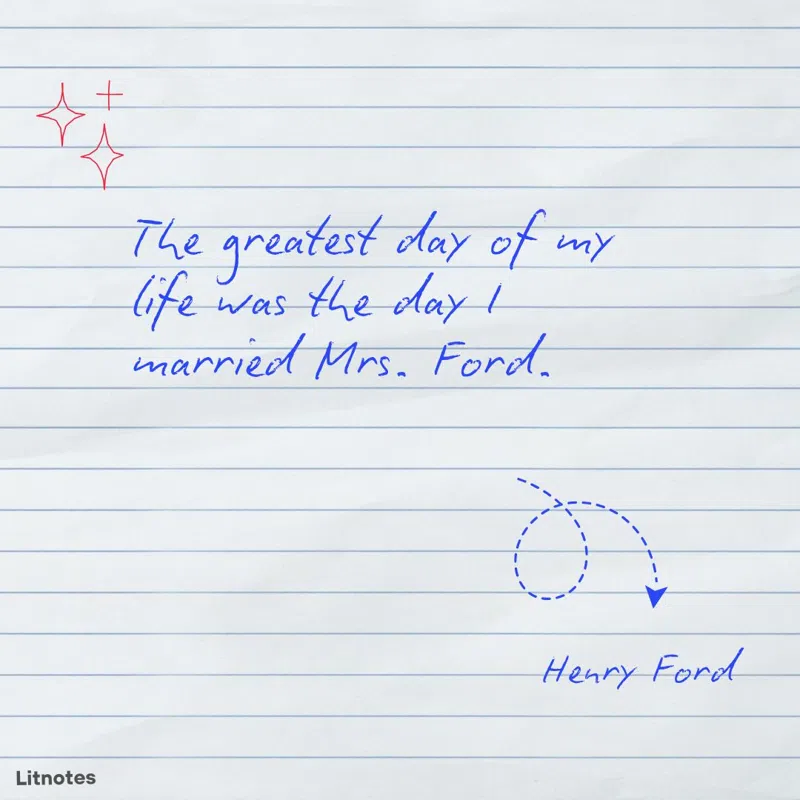
The author of the quote is Henry Ford, a renowned industrialist and the founder of the Ford Motor Company. He is best known for devising and implementing the assembly line technique of mass production, revolutionizing the auto industry and shaping the 20th-century economy. This quote is believed to be from his autobiography, 'My Life and Work,' although it may not be explicitly stated. The quote reflects Ford's deep affection and respect for his wife, Clara. It suggests that despite his immense success and busy life, he considered his marriage to Clara Ford as the most significant and happiest moment of his life, thereby revealing his strong family values and his belief in the importance of personal relationships over material achievements.
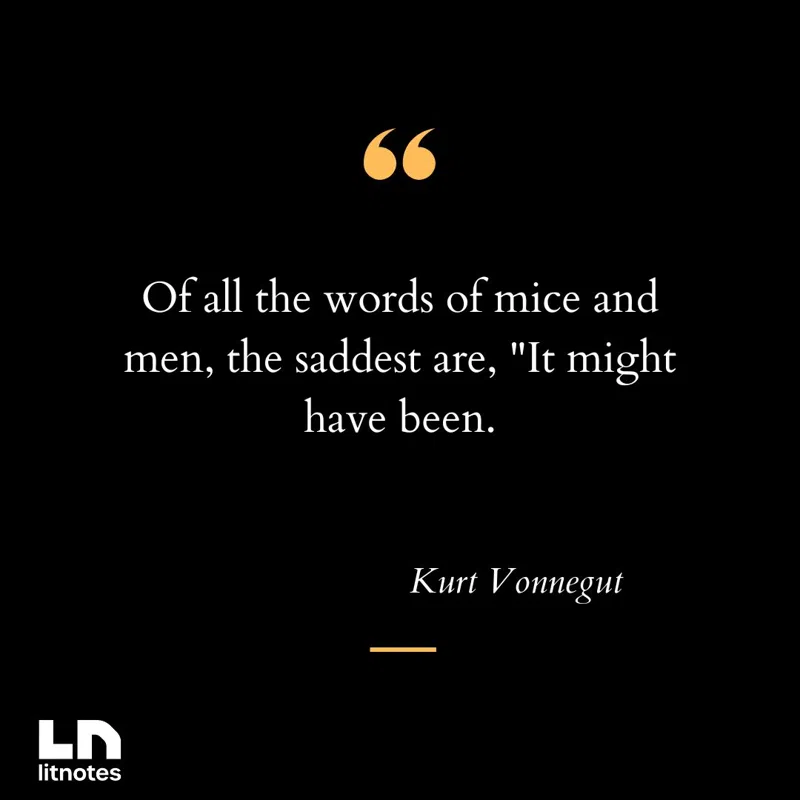
The author mentioned is Kurt Vonnegut, who was an American writer. Broadly known for his blend of satire, black comedy, and science fiction, Vonnegut's writing often addressed societal issues with a uniquely critical lens. The quote in question is from his novel, 'Cat's Cradle'. This book is notorious for its cynical take on science, technology, and the arms race. The quote expressed a profound sense of regret. It cleverly uses the analogy of men's words compared to mice, emphasizing how the most tragic part of any situation isn't what has happened, but rather the potential of what could have been. It encapsulates the theme of lost opportunities and unfulfilled potential. Through this, Vonnegut equates lost potential to the greatest sadness that can be experienced, a reflection of the human tendency to dwell on the paths not taken.
Conclusion
In conclusion, the quotes presented herein touches on the melancholic realm of our emotions, giving voice to the universal experience of sorrow. We understand from Quote1 that emotions are complex and reflect the duality of human existence, where happiness and sadness coexist. The second quote paints a poignant picture of regret, while the third quote delves into the inherent melancholy of unfulfilled potential. The fourth quote seems to be contrary to the theme, yet it bears sadness as it implies lost joy. The last quote, on the other hand, re-emphasizes the theme of missed opportunities. All these quotes collectively illustrate the spectrum of sadness that permeates every language and culture. They serve to remind us that literature is a powerful tool in exploring and understanding our emotions. And this is where Litnotes.ai comes into play. Its AI-enabled platform pledges to facilitate fast and engaging book reading, so you can delve deep into the realm of human emotions, explore diverse content, and gain insightful understandings. Let’s immerse ourselves in the world of literature with Litnotes.ai and explore the uncharted territories of feelings and emotions.
Top Reading
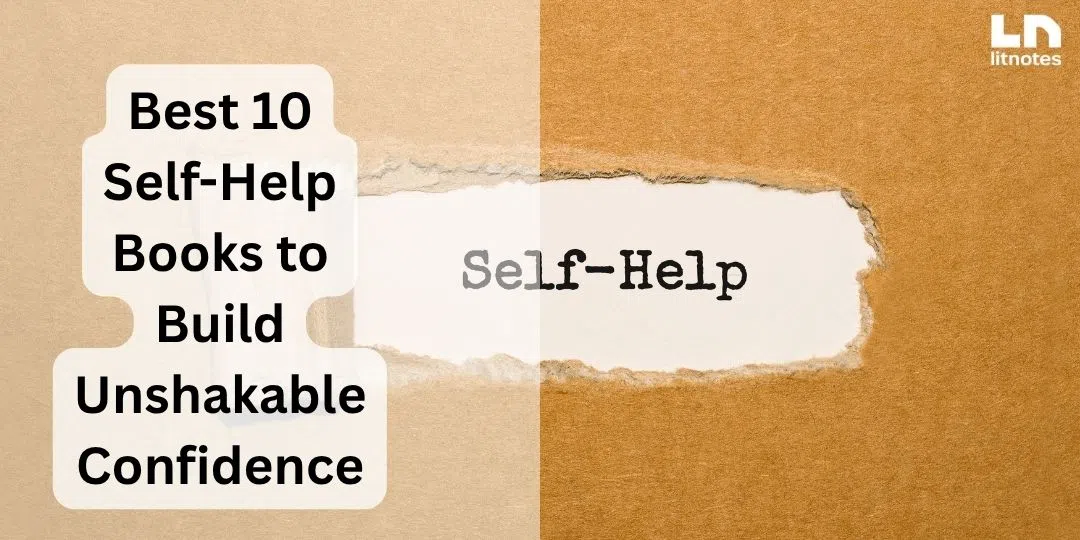
Best 10 Self-Help Books to Build Unshakable Confidence
By Draftix
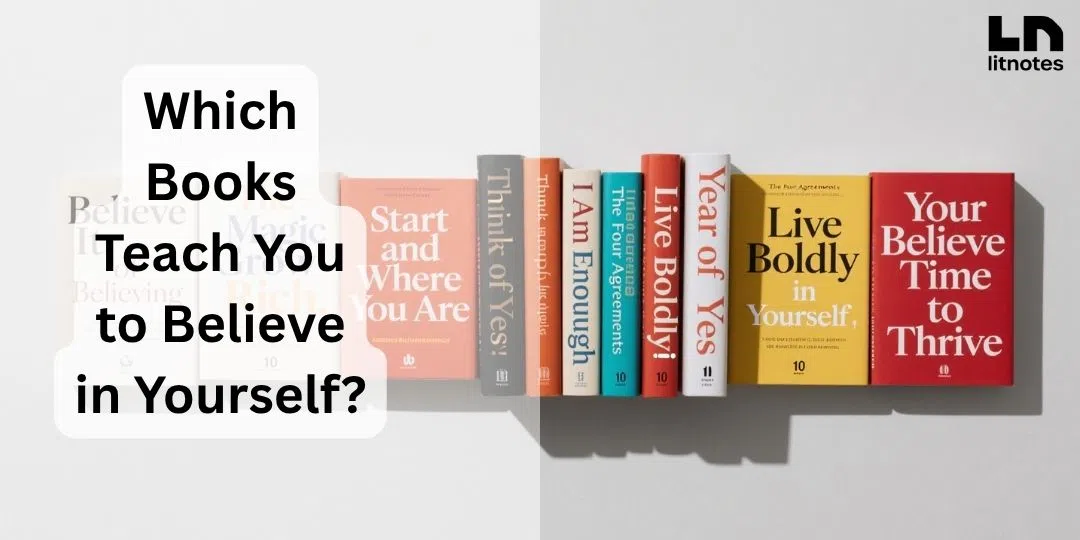
Which Books Teach You to Believe in Yourself?
By Penlet
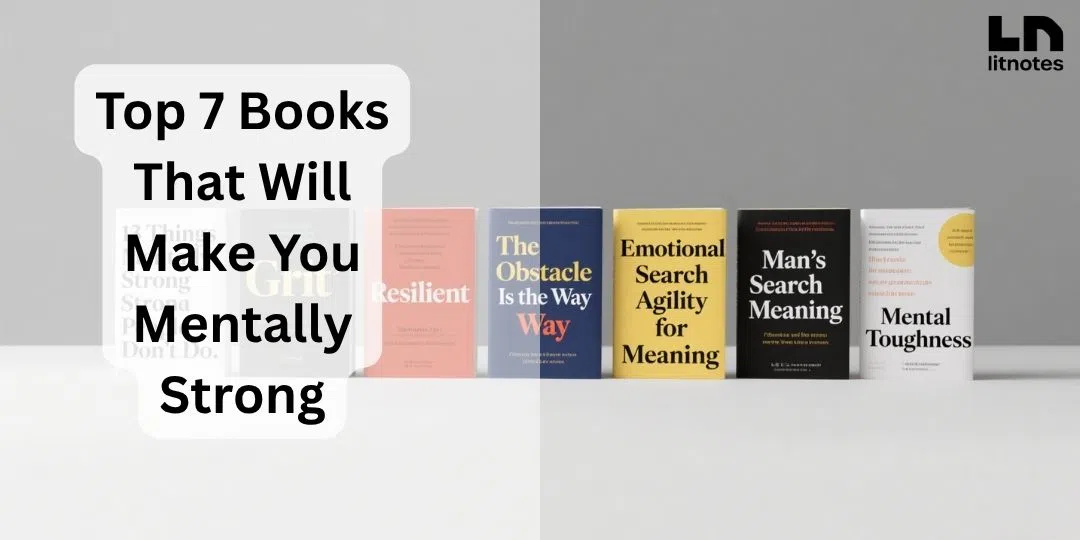
Top 7 Books That Will Make You Mentally Strong
By Scriblo
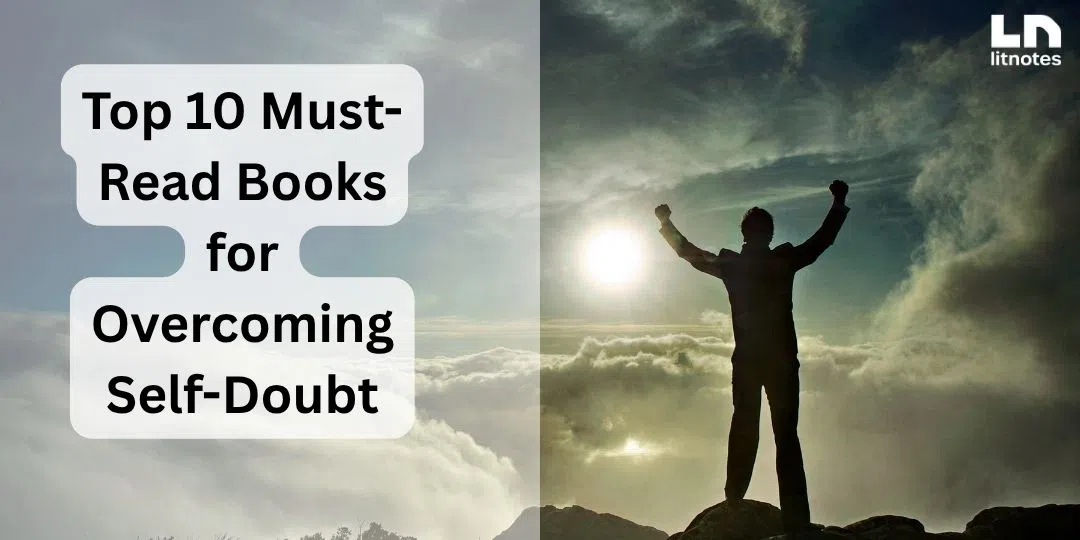
Top 10 Must-Read Books for Overcoming Self-Doubt
By Writely
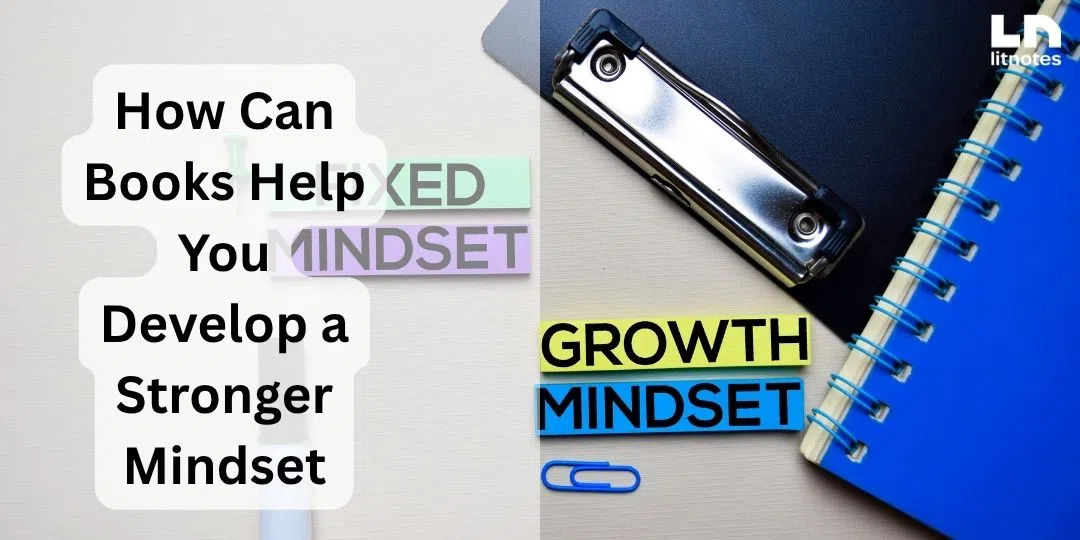
How Can Books Help You Develop a Stronger Mindset?
By Plottix
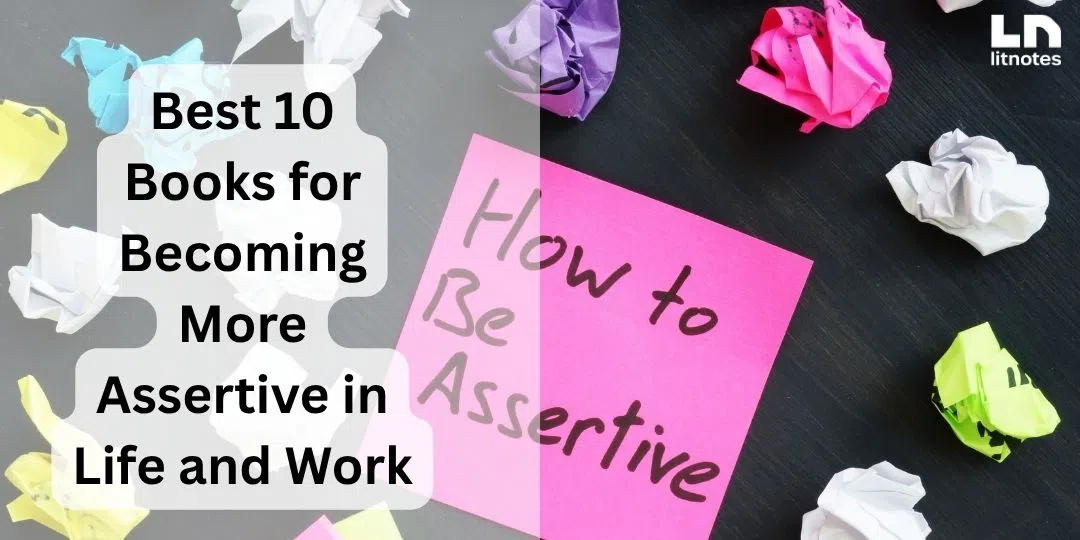
Best 10 Books for Becoming More Assertive in Life and Work
By Quotiva

How to Gain Confidence Through Reading: 10 Recommended Books
By Lexell